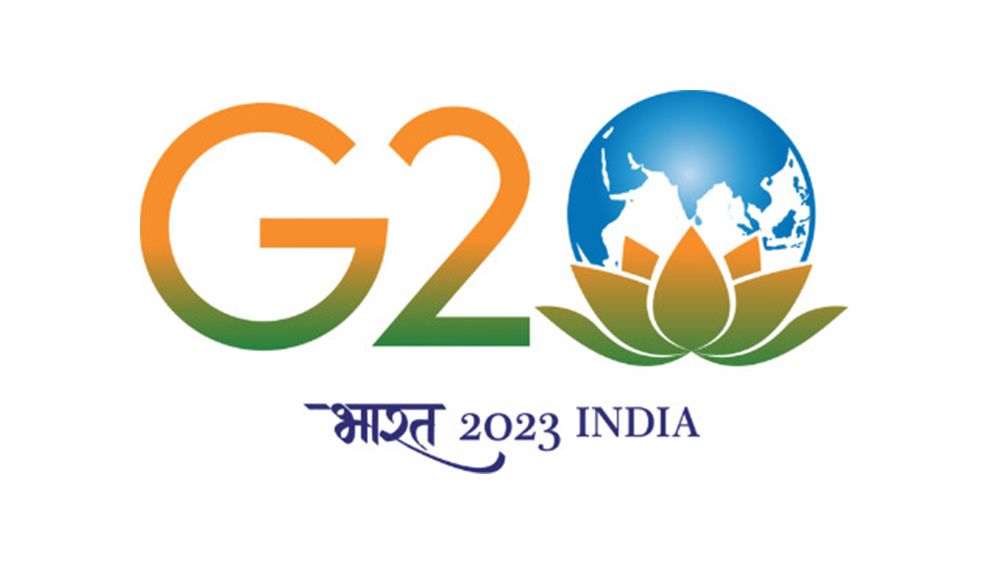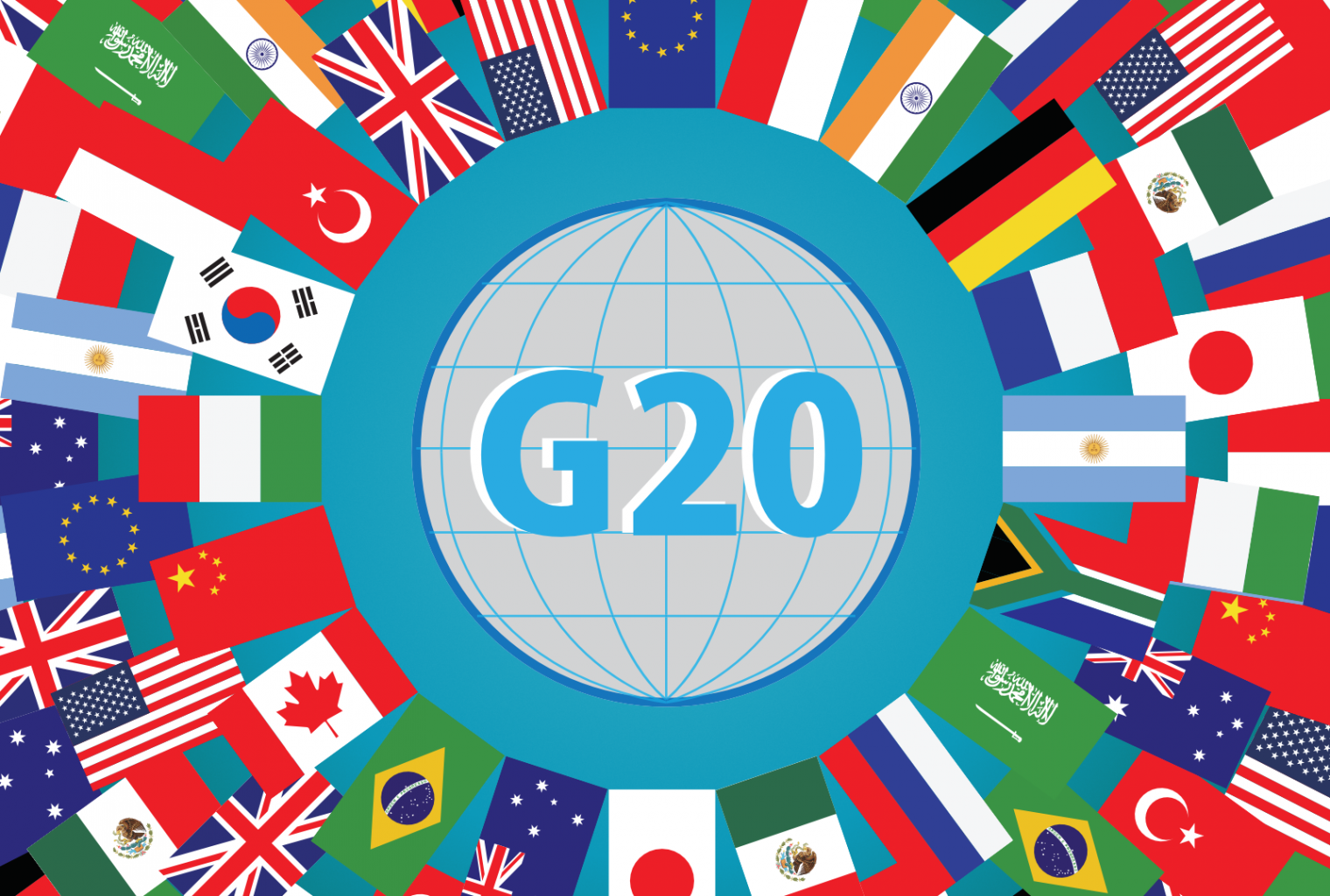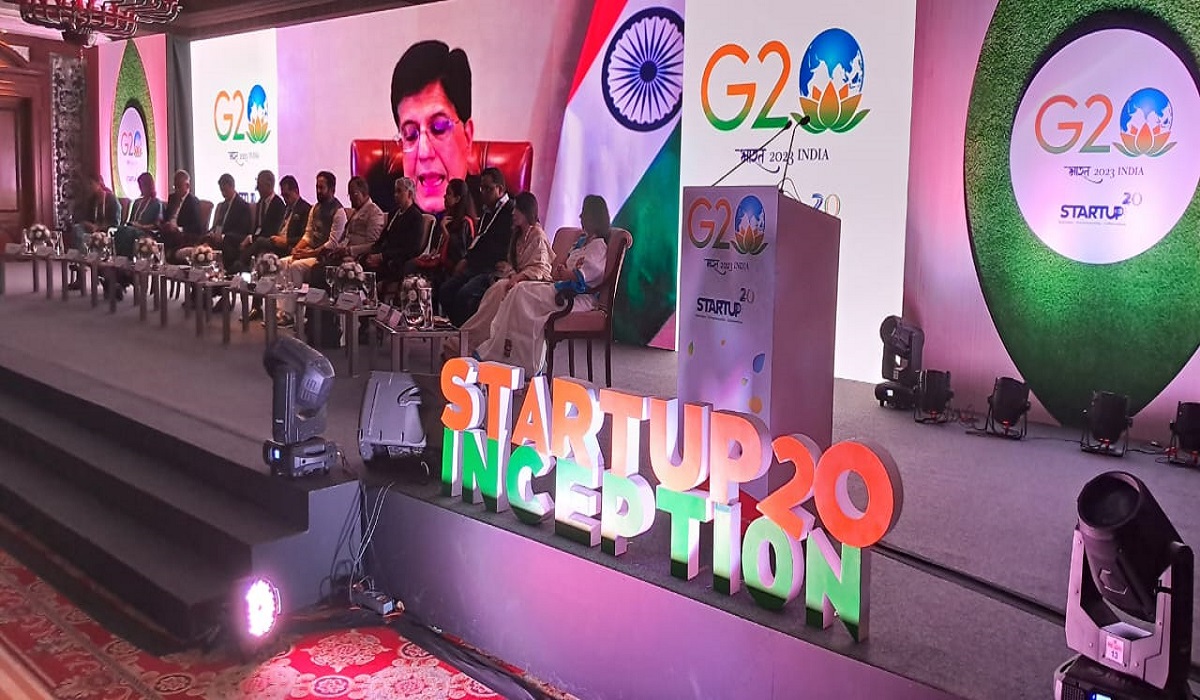India Calls for G20 Action to Scale Startup Investments to $1 Trillion for Accelerated Growth

India Calls for G20 Action to Scale Startup Investments to $1 Trillion for Accelerated Growth
India, as part of the G20 presidency, is aiming to garner support for raising $1 trillion in annual investments for the global startup ecosystem by 2030. The country plans to advocate for this objective through the Startup20 Shikhar summit, scheduled to take place in Gurugram. Led by Chintan Vaishnav, the Startup20 Engagement Group intends to engage delegates from around the world to encourage higher levels of annual investments in startups. This initiative demonstrates India’s commitment to nurturing entrepreneurship, innovation, and economic growth on a global scale.

The upcoming Startup20 Shikhar summit, to be held in Gurugram, will serve as a platform for India to rally support and emphasize the significance of boosting annual investments in the global startup ecosystem. Chintan Vaishnav, the chair of the Startup20 Engagement Group, expressed the group’s intention to press delegates from various countries to increase their funding commitments. By focusing on the importance of these investments, India seeks to drive the growth and development of startups, facilitating technological advancements and economic progress worldwide.
The proposed target of raising $1 trillion in annual investments for the global startup ecosystem by 2030 underscores India’s ambition to position itself as a leading advocate for entrepreneurship and innovation within the G20 framework. With the Startup20 Shikhar summit, India aims to generate significant momentum and encourage stakeholders to prioritize and contribute to the growth of the startup ecosystem, fostering a vibrant and thriving environment for startups to thrive and contribute to economic prosperity.
Vaishnav provided insight into his rationale for the initiative. He stated that aiming to raise $1 trillion in annual investments for the global startup ecosystem by 2030 would empower startups to become the true drivers of economic growth on a global scale. He further advocated for the development of a common framework to define startups, which would help attract talent and investments.
Vaishnav emphasized the importance of harmonizing the global startup ecosystem while acknowledging the autonomy of local or national ecosystems. He recognized that having a single, rigid definition for startups may not be practical. Instead, he proposed the establishment of a framework that offers options for different stakeholders based on their unique legacies and interests. This approach would provide flexibility and cater to the diverse needs and contexts of various startup ecosystems around the world.

By promoting the idea of a common framework, Vaishnav aims to create a conducive environment for startups to thrive and attract both talent and investments. This would facilitate collaboration and knowledge sharing, fostering a global ecosystem that encourages innovation, entrepreneurship, and sustainable economic growth.
In India, a five-legged framework has already been formulated to define startups, encompassing factors such as size, scalability, age, innovation, and legal status of the entities. This framework provides a basis for assessing and categorizing startups within the country’s ecosystem.
During the upcoming meeting, the Startup20 Engagement Group plans to put forward proposals to establish new frameworks in areas like governance and due diligence. The objective is to facilitate G20 member countries in reaching a consensus on evaluating startups globally in a standardized manner. By developing common evaluation frameworks, the group aims to streamline the assessment process and promote a shared understanding of startup evaluation criteria among G20 nations.
These efforts align to harmonize the global startup ecosystem while recognizing the unique characteristics and circumstances of different startup ecosystems. The proposals put forth by the group seek to create a more consistent and transparent evaluation process, enabling G20 members to effectively assess startups and foster an environment conducive to innovation, entrepreneurship, and sustainable economic growth.

In addition to their efforts in defining startups and establishing evaluation frameworks, the Startup20 Engagement Group aims to address key challenges faced by startups worldwide. The group plans to create channels that address pain points such as access to finance, market opportunities, and talent for emerging startups. They also aim to foster inclusivity within startup ecosystems by ensuring that under-represented groups and communities have equal opportunities and representation.
To achieve these objectives, the group intends to discuss the establishment of globally networked institutions that can implement these ideas effectively. These institutions would play a crucial role in identifying startups on an international scale, facilitating collective investments in startups, providing mentorship and guidance, and supporting their global scalability.
By addressing these pain points and promoting inclusivity, the group envisions a more robust and supportive ecosystem for startups globally. The discussions surrounding globally networked institutions demonstrate a commitment to international collaboration, aiming to leverage collective resources, expertise, and networks to empower startups and accelerate their growth on a global scale.
The upcoming meeting organized by the Startup20 Engagement Group is anticipated to witness participation from over 700 startups representing various G20 nations. This diverse gathering of startups reflects the global reach and significance of the event. In addition to the meeting, the summit will feature a conclave where startups will have the opportunity to exhibit their products, interact with investors, and explore potential mentorship opportunities.

The conclave serves as a platform for startups to showcase their innovative products and solutions, allowing them to gain visibility and attract potential investors. Moreover, it provides a valuable networking opportunity for startups to connect with experienced mentors who can offer guidance and support in their entrepreneurial journey. By facilitating interactions between startups, investors, and mentors, the summit aims to foster collaboration, knowledge sharing, and mutually beneficial partnerships within the global startup ecosystem.
Under India’s G20 presidency plan, startups play a crucial role as a key policy framework. India aims to leverage this global platform to showcase it’s rapidly expanding startup ecosystem, which has witnessed substantial growth in recent years. Initiatives such as the Startup India scheme and the fund of funds for startups have significantly contributed to the development of the indigenous startup ecosystem. As a result, India has witnessed the emergence of 108 unicorns (startups with a valuation of over $1 billion) and more than 100,000 startups recognized by the Department for Promotion of Industry and Internal Trade (DPIIT).

Despite the challenges posed by the funding winter affecting the industry at large, Indian startups have demonstrated resilience and continued their growth trajectory. In the first quarter of 2023, these startups collectively raised an impressive $3 billion in funding. This robust funding activity reflects the confidence of investors in the Indian startup ecosystem and its potential for innovation and growth.
The success and progress of Indian startups not only contribute to the country’s economic growth but also position it as a significant player in the global startup landscape. The G20 presidency provides an ideal opportunity for India to showcase its achievements and highlight the potential for collaboration and investment in its thriving startup ecosystem.




